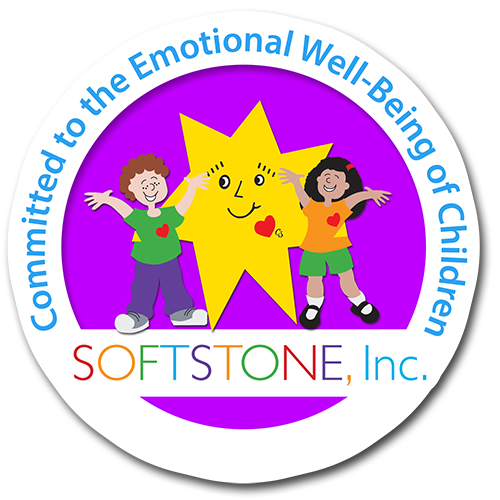Social emotional learning builds self-confidence in children. All language development needs to include the demonstration or modeling of speaking and talking with positive voices. Children learn by modeling. Educators and parents need to be aware of their language and their intonations when in the presence of their toddlers. Toddlers are forming their own language by modeling their caregivers and peers.
Practicing Positive Language Is The Key – Here Is An Easy Way
Social emotional learning builds self-confidence when children model positive language, so be aware of what you say in front of your young children. You can also practice positive thinking and speaking using something I created when working with early childhood classrooms. It is something you can do wherever you are and when you have a free few minutes of time. Children love it and you will also be the answering the same question to them. When I began this with my children, miss positive here, had to take a good hard look at my not so positive language. You know…gvetching, complaining and sometimes even whining.
With young children it begins by practicing what happy thoughts are. Happy thoughts are anything that you like, enjoy and find soothing or pleasant. For instance, what foods do they like, what are their favorite colors, what are their favorite toys, just for a few ideas. Then, the catchy phrase, “Can I have a happy thought, please?” I usually say it in a sing song voices and clap my hands on my knees. It is so easy to teach when children are in their early childhood years. Happy Thoughts are so many different things that shift our energy from struggle to strength. Yes, your energy and theirs changes also from weakness to strength.
Watch EQ Mama and see how Social Emotional Learning Builds Self-Confidence
Social emotional learning for kids is now coming to you live on YouTube. EQ Mama speaks to your children about important social emotional learning skills with her buddy CJ (Creator of Joy).
.EQ Mama Live/ With Happy Thoughts
Children love to choose happy thoughts about their family, friends, pets, toys, and fun things they did over the weekend. If we begin this at a very early age, this skill will help them become self-confident not to mention help face their challenges and those bumps in the road.
So today, ask your children, “Can I have a happy thought, please? They will want to hear the same from you. An easy way to light up our lives and our souls


